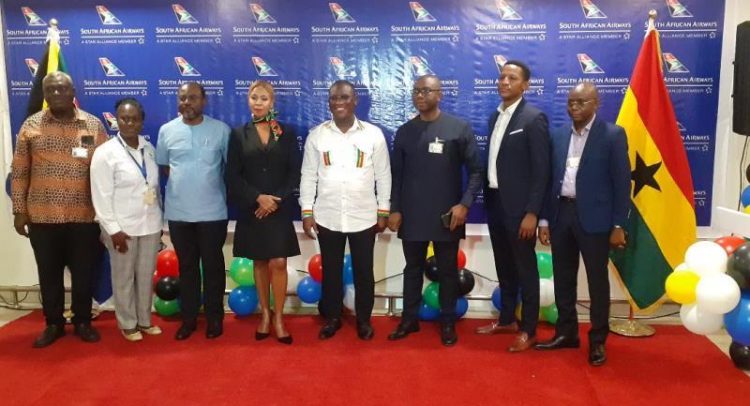Ghana National Association of the Deaf (GNAD) has called for legal backing for the Ghanaian Sign Language to oblige public institutions to engage sign language interpreters in all activities.
The move, it said, would ensure effective communication and equity in the delivery of public services to deaf people in Ghana in alignment with government’s efforts to promote inclusive public education.
Executive Director of GNAD, Juventus Duorinaah, made the call during the commemoration of this year’s International Day of Sign Languages, celebrated globally on 23rd September, every year, along with the International Week of the Deaf, to raise awareness on the importance of sign languages.
The day is seen as a unique opportunity to support and protect the linguistic identity and cultural diversity of all deaf people and other sign language users.
GNAD, in collaboration with the National Association of Sign Language Interpreters – Ghana, facilitated the organisation of the 2021 event, on the theme: “Recognition of Ghanaian Sign Language, We Sign for Human Rights.”
Mr Duorinaah noted that the government’s efforts at ensuring disability inclusion in the Ghanaian society could only be achieved when the use of Ghanaian Sign Language (GSL) was given a legal backup.
The GSL should also be prioritised and recognised as one of the native languages, he said, adding: “Ghana’s efforts at implementing the inclusive education policy will remain meaningless unless GSL is legally recognised.”
“Legal recognition of GSL and the subsequent formulation of modalities for its use for the provision of services for deaf will, thus, improve on the socio-economic conditions and quality of life of the deaf community in Ghana.”
Mr Duorinaah drew the attention of the Government to the revised Persons with Disability (PWDs) Act, Act 715, and its accompanying legislative instrument, yet to be submitted to Parliament.
He cautioned that any further delay in its passage would deny PWDs their right to live in dignity as citizens of Ghana.
“We, therefore, call on the state to expedite action towards the review and passage of the provisions of the Act, which will lead to the recognition of GSL,” he said.
Mr Duorinaah further called on the Ministry of Education and the Ghana Education Service to expand access to quality basic and secondary education to deaf children.
He also asked for the allocation of the newly constructed senior high schools to the deaf and to engage qualified sign language interpreters for them to aid the expansion of access to inclusive education.
He added that GNAD has over the years invested so much in the training of GSL interpreters, and therefore called on the Ministry of Health to employ them for deployment to the Ghana Health Services to enhance service delivery to deaf people.
Mrs Mabel Agyei Adowa, Teacher and Chief Executive Officer, Ultimate Essentials and Cleaning Service, expressed concern about how the absence of sign language interpreter services were denying deaf children access basic education.
She said parents desirous of enrolling their deaf children in school were forced to hire the services of sign language interpreters, exerting a huge financial burden on the parents.
Speaking on the topic, “Coping with the silent world; how do deaf people navigate the system?” Mrs Adowa noted that several deaf children were denied access to school due to lack of sign language interpreters.
She appealed to the Government to consider, as a matter of urgency, engaging sign language interpreters in public schools to help reverse the forlorn situation.
Dr Daniel Fobi, Lecturer, Department of Special Education, University of Education, Winneba, highlighted barriers undermining the development of deaf children and people in the country.
He called for a national action to address the situation to be in harmony with government’s commitment to the UN Convention on the Rights of Persons with Disabilities intended to protect the rights and dignity of PWDs.
Mathew Kubachua, the National President of GNAD, said the UN recognised the role sign languages played in national development, hence the need to deepen public awareness on its importance in an inclusive society.
“Ghanaian sign language is for every one and sign language is a human right issue, fundamental for deaf people, it should be accepted in schools and at all public functions,” he said.
GNA


